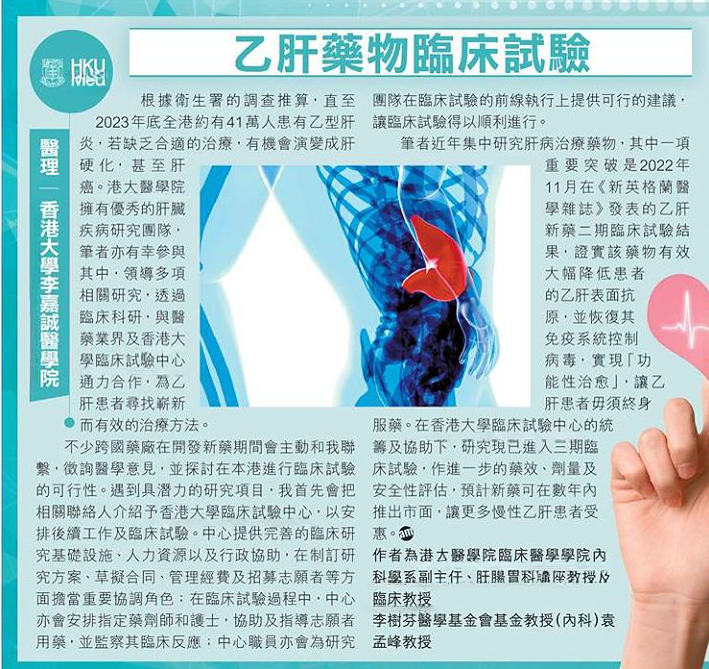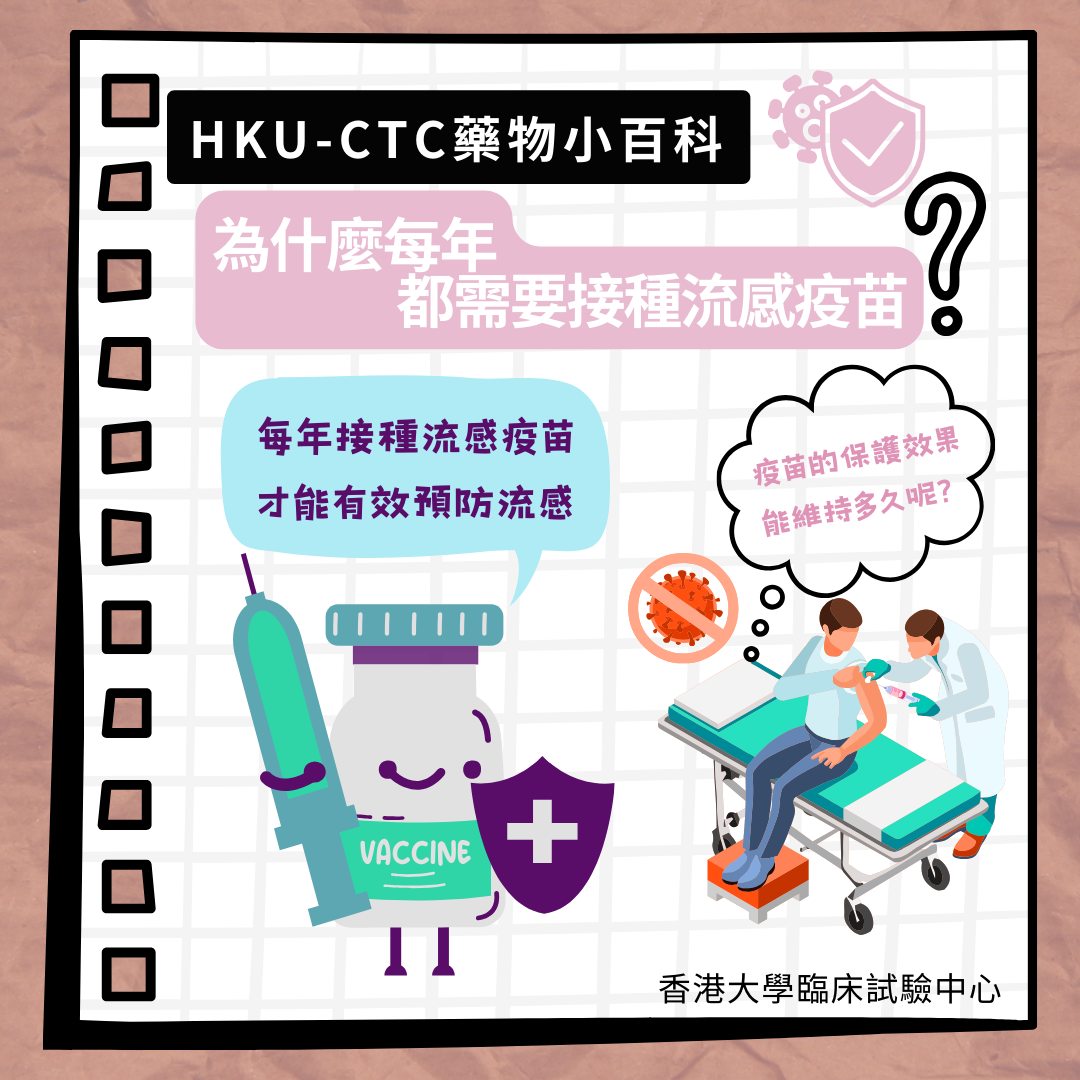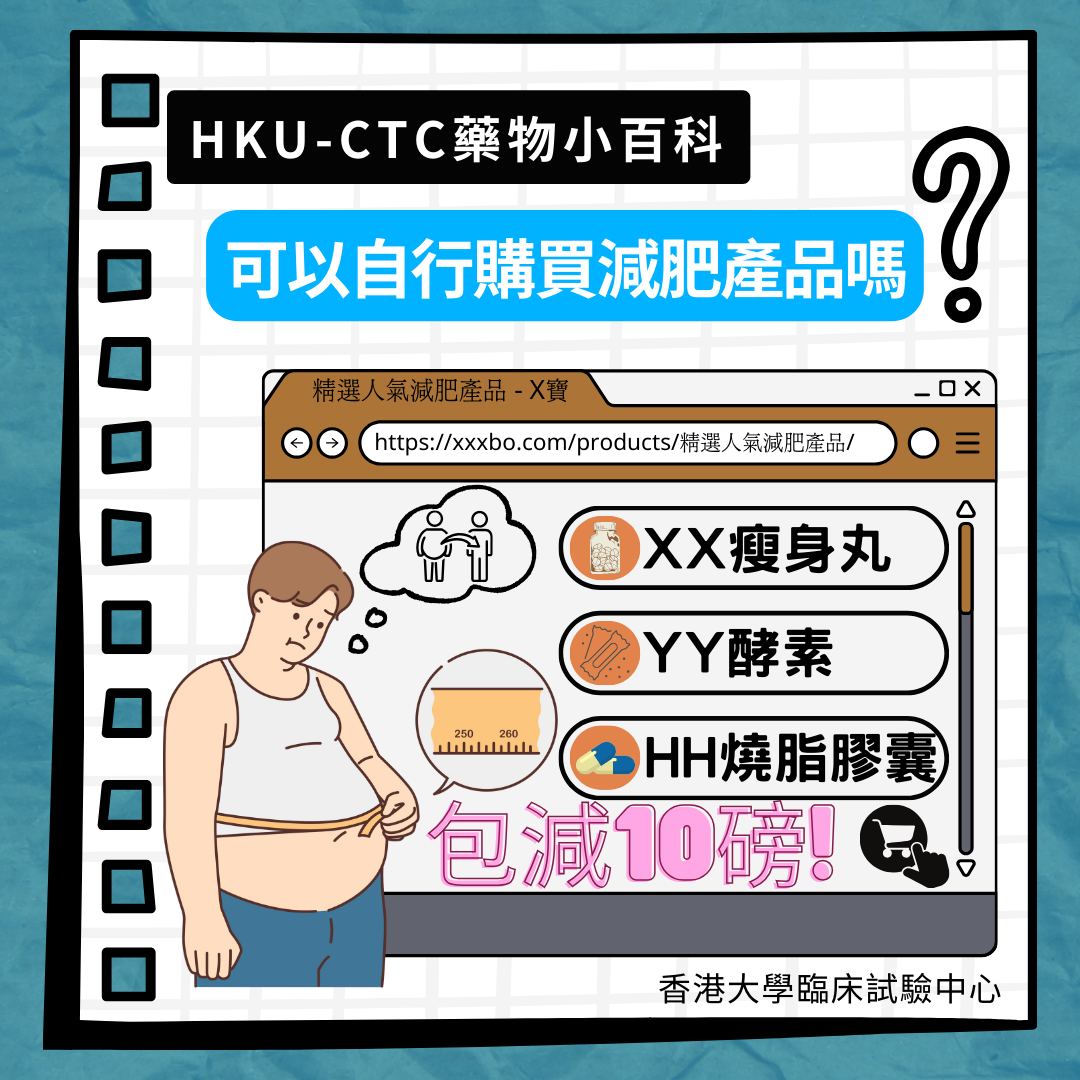Clinical Trial Column Article: 'Clinical Trial: New Hopes for Cancer Treatment'
15/04/2024

[Centre Activity] HKU Clinical Trials Centre Silver Jubilee Ceremony & Gala Dinner 2023
28/03/2024

[Centre Activity] HKU Clinical Trials Centre Silver Jubilee Ceremony & Gala Dinner 2023
28/03/2024
HKU-CTC has been walking together with Hong Kong in the past 25 years in advancing human healthcare. To commemorate this milestone, we held the silver jubilee celebration event earlier. The event brought together government officials, academic and industry representatives, as well as our dedicated colleagues in clinical research, with some 300 attendees. It was a joyous occasion started with speeches from Professor Richard Wong, Acting President & Vice-Chancellor of HKU, Dr. Stephen Wong, Head of Chief Executive’s Unit of HKSAR Government, Mr. Henry Fan, Chairman of Hospital Authority and Professor Leung Wai-Keung, HKU-CTC’s Chief Director, who commended the center's contributions to healthcare innovation in Hong Kong and its commitment to societal well-being. We also took the opportunity to express our appreciation to 10 colleagues who have been of service with HKU-CTC for 5 to 20 years, and congratulate our 5 trainees for their successful completion of our trainee programme during 2022-23. Let's take a moment to relive the highlights of this memorable evening!
Clinical Trial Column Article: 'Phase I Clinical Trials: From Experimentation to Clinical Practice'
27/03/2024
.png)
Clinical Trial Column Article: 'Phase I Clinical Trials: From Experimentation to Clinical Practice'
27/03/2024
Clinical trial column articles will be featured in am730 for six consecutive weeks!
20/03/2024
.png)
Clinical trial column articles will be featured in am730 for six consecutive weeks!
20/03/2024
[Centre Activity] Clinical Research Governance World Conference & ICN Symposium 2023
18/03/2024

[Centre Activity] Clinical Research Governance World Conference & ICN Symposium 2023
18/03/2024
The year 2023 was a year full of challenges, but HKU-CTC never stopped its efforts. We hosted the Clinical Research Governance World Conference and International Clinical Trial Center Network - ICN Symposium earlier. The theme was "Clinical Research Success through Good Governance" and it brought over 250 representatives on-site from government agencies, research institutions, and the biomedical industry from around the world to discuss the latest trends in clinical trial governance. We were honored to have Professor Lo Chung-Mau, Secretary for Health, Mr. Li Chuang, Deputy Director of Shenzhen Municipal Health Commission, Professor Lau Chak-Sing, Dean of Medicine at The University of Hong Kong, and Dr. Christiane Blankenstein, Chairperson of International Clinical Trials Center Network, delivered speeches at the opening ceremony, making it a lively and momentous occasion. Now, let's take a look at the highlights of that exciting day!
[Study Completion] Clinical Study on Omicron-targeting COVID-19 Vaccine Was Completed!
14/11/2023
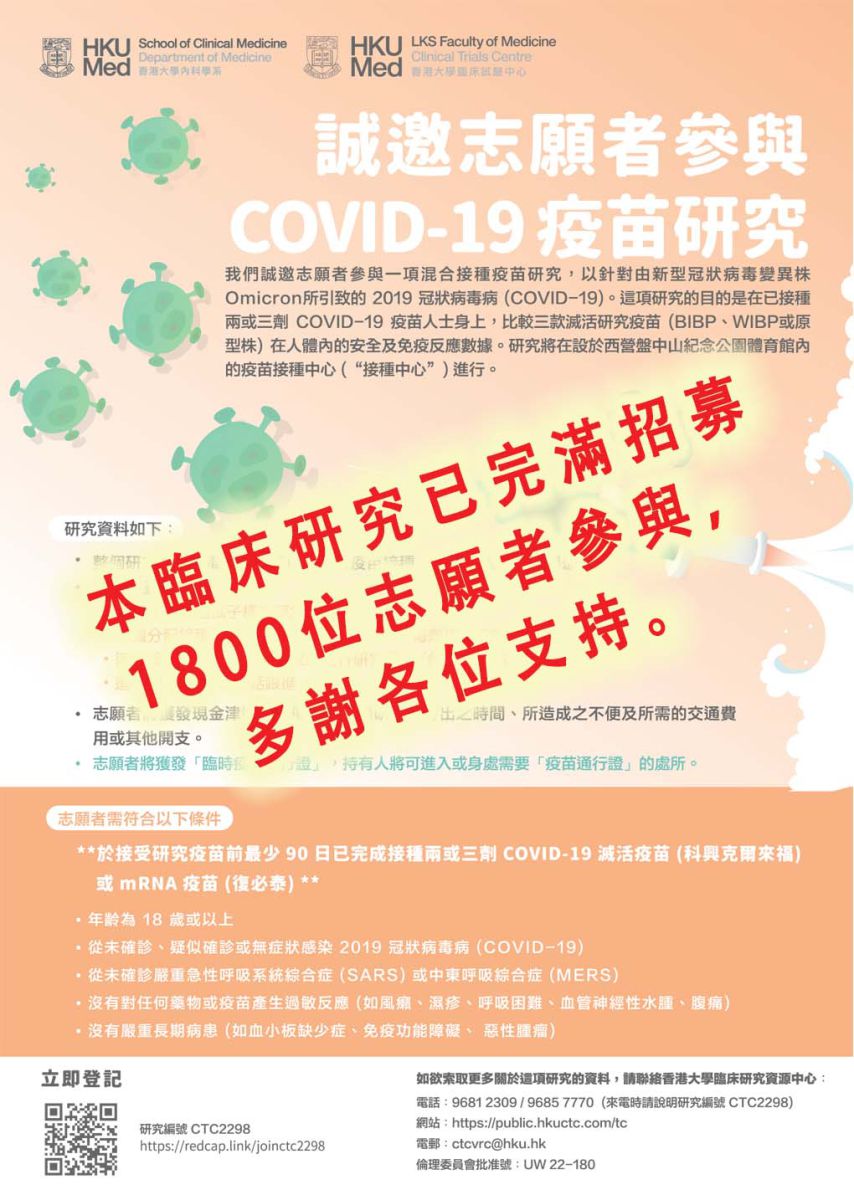
[Study Completion] Clinical Study on Omicron-targeting COVID-19 Vaccine Was Completed!
14/11/2023
In May of 2022, the HKU medical research team collaborated with China National Biotec Group (Sinopharm) to conduct a large-scale clinical study on an Omicron-targeting COVID-19 vaccine. After 13 months of hard work, the study has finally been completed on 2 November 2023! HKU Clinical Trials Centre (HKU-CTC) was responsible for planning and managing the whole study which involved 1,800 volunteers. It was a real challenge to run such a large study within a tight timeframe. Extensive efforts were made to facilitate the study, including setting up a temporary research center at the Sun Yat Sen Memorial Park Sports Centre to accommodate the large group of volunteers. We also announced the study and invited participation across the city by all means, such as social media channels, press releases, newspaper/bus/minibus/MTR advertisements, and leaflet distribution. We sincerely thank all our volunteers for their tremendous support, and the research team for their unwavering efforts. Without the extensive support by the public, this remarkable goal could never be accomplished!


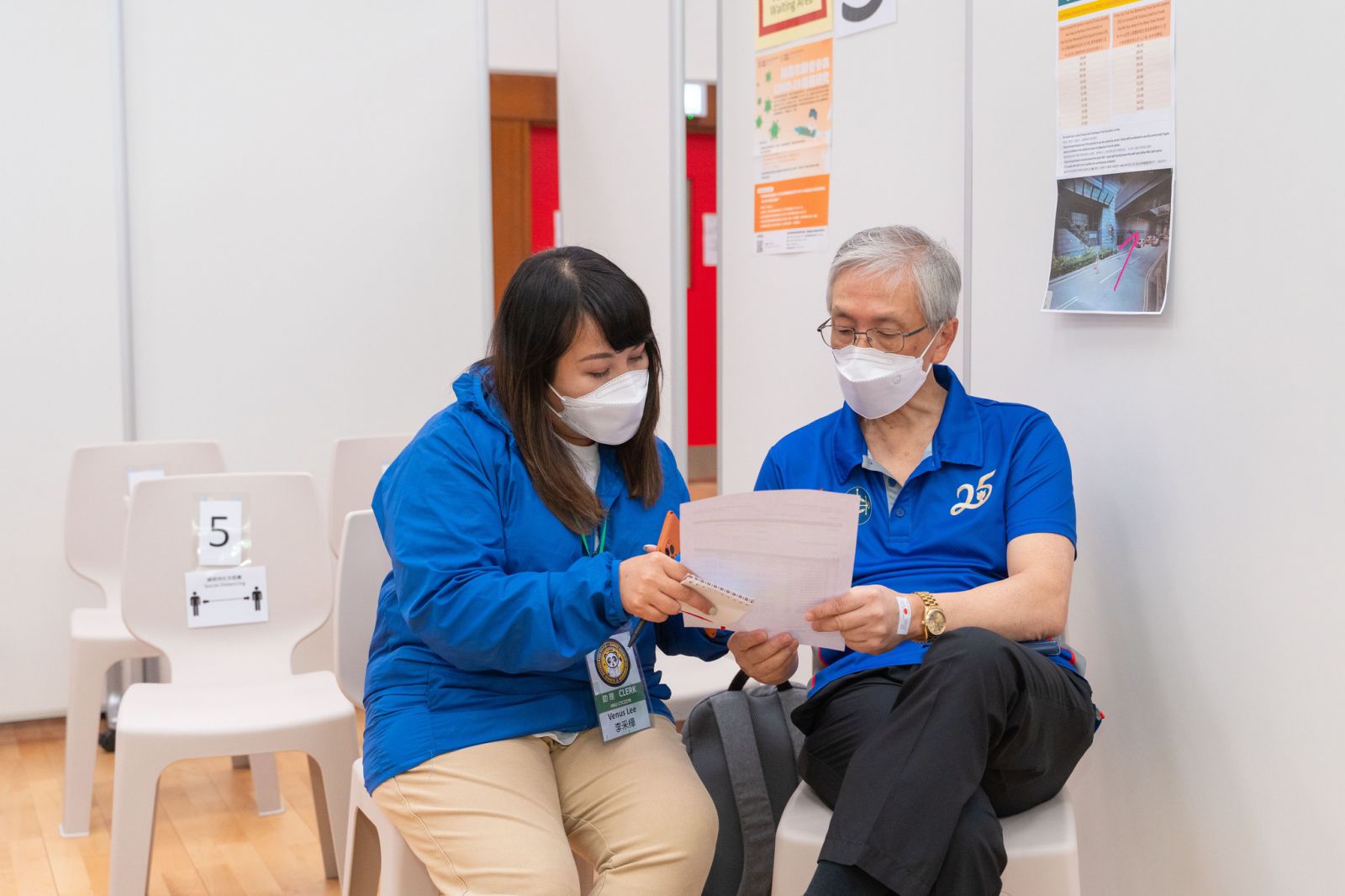
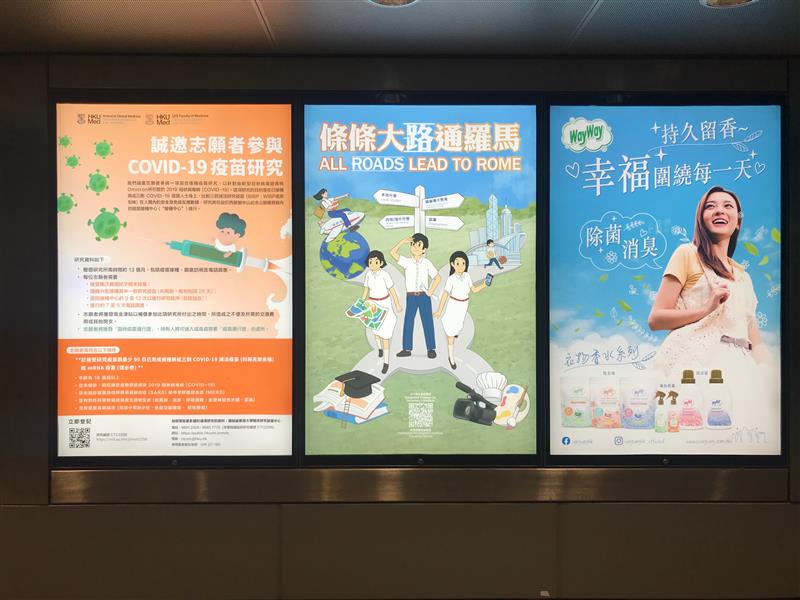
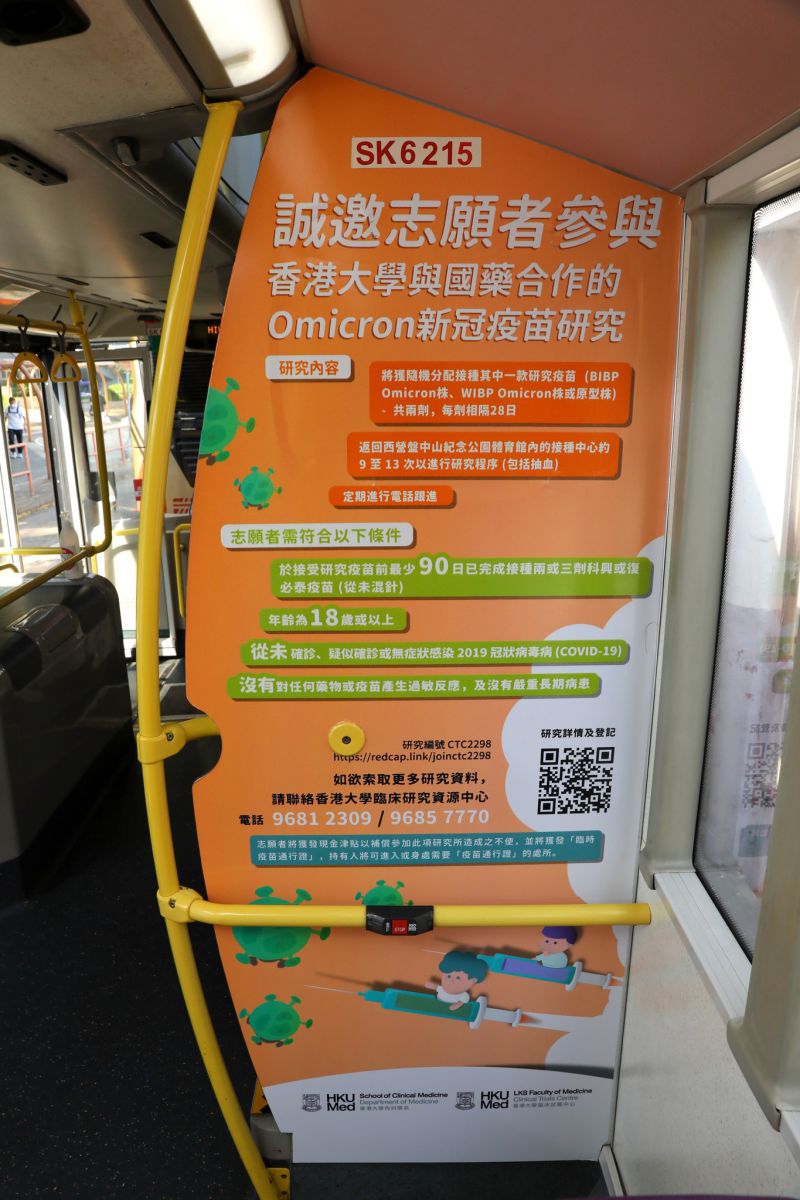
[Pharma Tips] Can I take the expired medicine?
08/09/2023
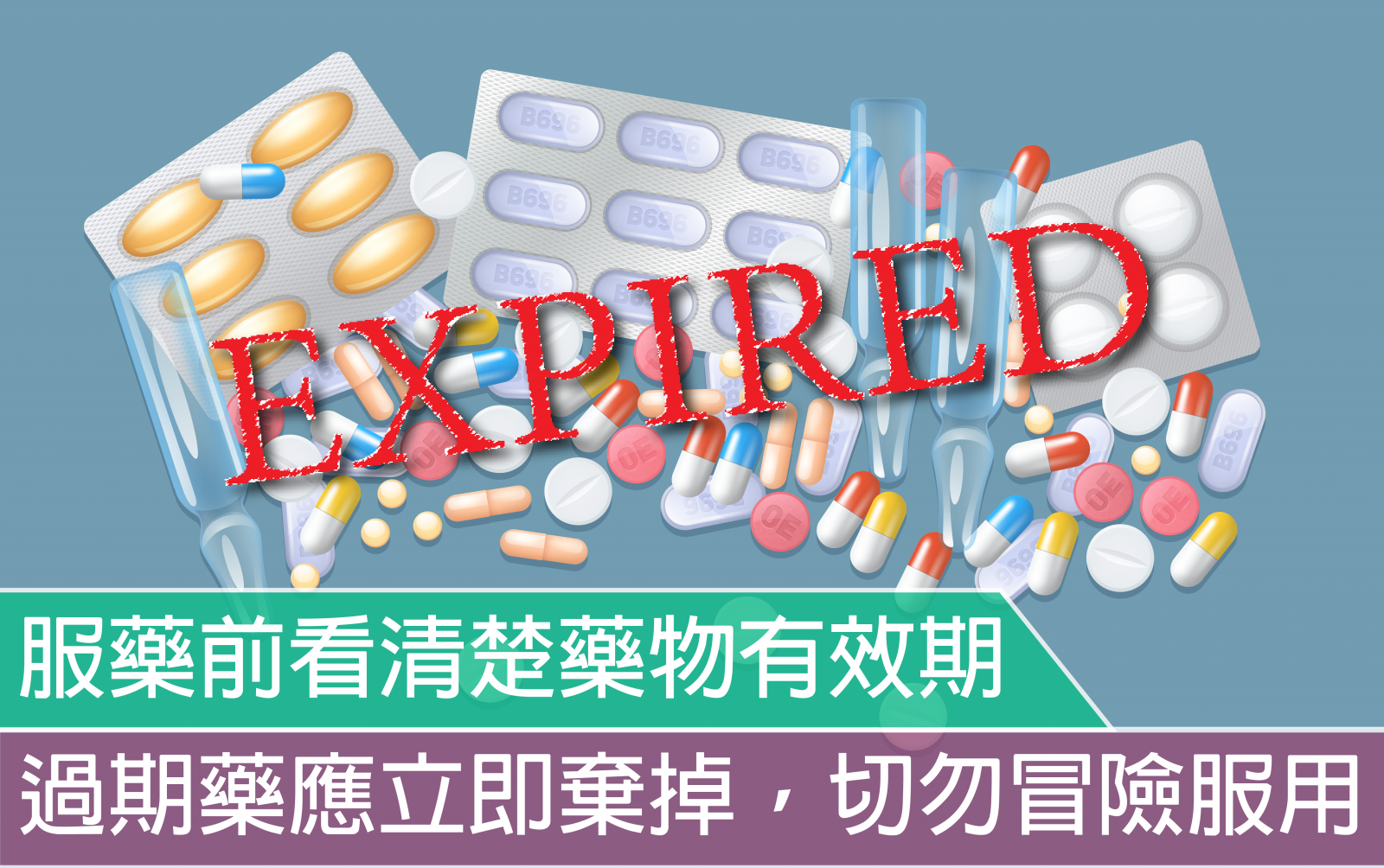
When we are ill, we will usually purchase a whole box of over-the-counter medicine home. After taking a few doses and upon recovery, we will stop the medication and keep the excess stock home to reduce wastage. However, it is seldom for us finish the whole box so the medicine may expire at last. Are expired drugs still safe to take?
Although the effects of expired medicine on human body are uncertain, taking them can be risky. The strength of expired drugs may decrease or worse, they might decompose into harmful substances. Taking expired drugs may delay the proper treatment and aggravate the illnesses.
Read the expiry date every time before taking a drug. Expired ones should be disposed at once. Even if the drug is not expired yet, check if there is any unusual colour, shape and odor. If in doubt, you should never take risk and instead, throw the medicine away.

